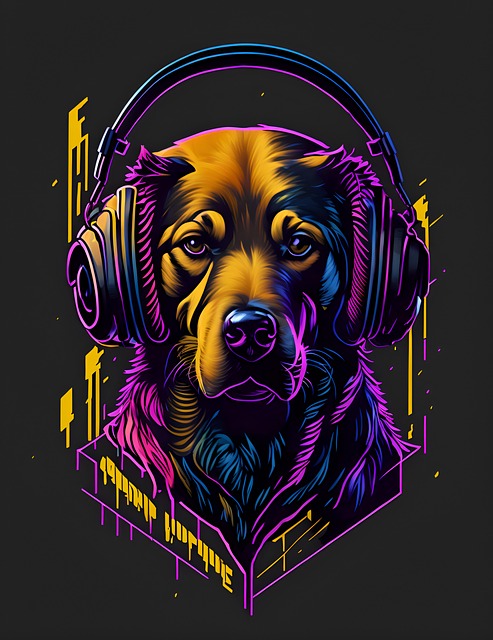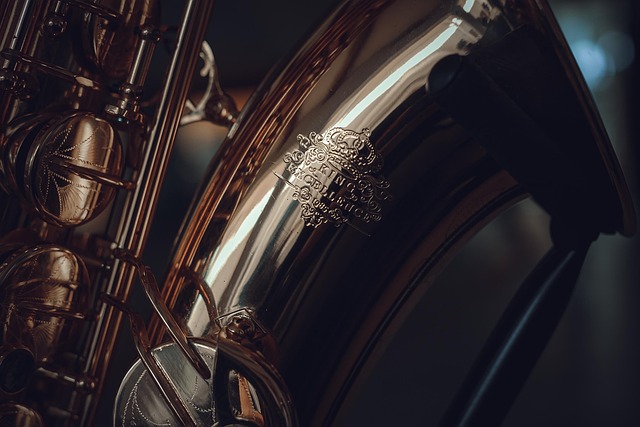AI music tools are revolutionizing the creative process for musicians and producers by automating repetitive tasks, generating melodies, enhancing sound design, and streamlining mixing processes. These technologies empower artists to focus on their artistic vision, explore diverse musical styles, and push boundaries using insights gained from analyzing vast music datasets. With intuitive interfaces and capabilities like chording suggestions, melody generation, and beat matching, AI music tools are becoming indispensable assistants that streamline workflows while preserving artistic integrity. They offer an extensive suite of functionalities, enabling musicians to achieve professional-grade results without specialized knowledge or studio experience, enhancing collaboration and productivity throughout production stages.
Dive into the world of AI music tools, where technology meets creativity. This blog is a treasure trove of knowledge designed to empower musicians and music producers alike. From unlocking limitless creative potential in production to revolutionizing composition and arrangement processes, AI tools are transforming the musical landscape. Additionally, discover how these innovations enhance everyday practices for musicians, fostering a new era of artistic expression. Explore our comprehensive guide on ai music tools and stay ahead of the curve.
- Unlocking Creative Potential: AI's Role in Music Production
- The Evolution of Composition and Arrangement with AI Tools
- Enhancing the Musical Journey: AI for Musicians' Everyday Use
Unlocking Creative Potential: AI's Role in Music Production

AI music tools are revolutionizing the creative landscape for musicians and producers, unlocking new realms of potential. These innovative technologies offer a plethora of benefits, from generating melodies and harmonies to enhancing sound design and mixing processes. By leveraging artificial intelligence, artists can streamline their workflows, experiment with diverse musical styles, and push the boundaries of their compositions.
One of the most significant advantages is the ability to automate repetitive tasks, allowing musicians to focus on their artistic vision. AI algorithms can analyze vast datasets of music and patterns, providing insights that inspire unique creative directions. Whether it’s generating custom sound libraries or offering real-time feedback during production, these tools empower artists to explore uncharted musical territories and forge ahead in an ever-evolving industry.
The Evolution of Composition and Arrangement with AI Tools

The evolution of music composition and arrangement has taken a significant turn with the advent of AI music tools. These advanced technologies are transforming the way musicians create and produce music, offering unprecedented levels of creativity and efficiency. By leveraging machine learning algorithms and neural networks, AI tools can analyze vast musical datasets to generate unique and innovative sounds, harmonies, and even entire compositions. This not only speeds up the creative process but also opens doors for artists to explore new sonic landscapes that might have been previously unattainable.
AI music tools are revolutionizing the art of arrangement by providing intuitive interfaces for musicians to experiment with different instruments, tempos, and styles. These tools can automatically adapt and rearrange compositions based on user input, allowing for dynamic and interactive music creation. With features like chording suggestions, melody generation, and beat matching, AI technologies are becoming indispensable assistants for musicians seeking to streamline their creative workflows while maintaining artistic integrity.
Enhancing the Musical Journey: AI for Musicians' Everyday Use

AI music tools are revolutionizing the way musicians create and enhance their art, making them an indispensable part of today’s musical landscape. These innovative technologies offer a vast array of capabilities, from generating melodies and chords to mixing and mastering tracks, all at the click of a button. By leveraging AI algorithms, musicians can save time, explore new creative horizons, and achieve professional-grade results without extensive studio experience or complex software knowledge.
For everyday use, AI music tools provide practical assistance in various stages of production. For instance, they can analyze existing compositions to offer suggestions for improvement, identify similar musical patterns, or even predict audience engagement. Additionally, these tools facilitate collaboration by enabling musicians to share ideas and feedback seamlessly, fostering a more connected and productive creative environment.
In conclusion, AI music tools have unlocked new realms of creativity for musicians and producers alike. From enhancing composition and arrangement to simplifying everyday tasks, these tools are revolutionizing the music industry. As we continue to explore the potential of AI in music production, one thing is certain: its impact will only grow, fostering innovation and transforming the way we create and experience music. Embrace the future of sound with these powerful yet accessible ai music tools.
